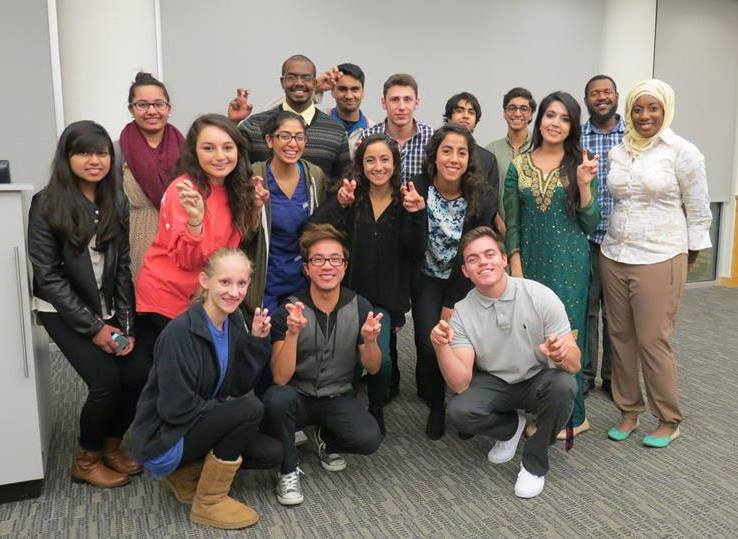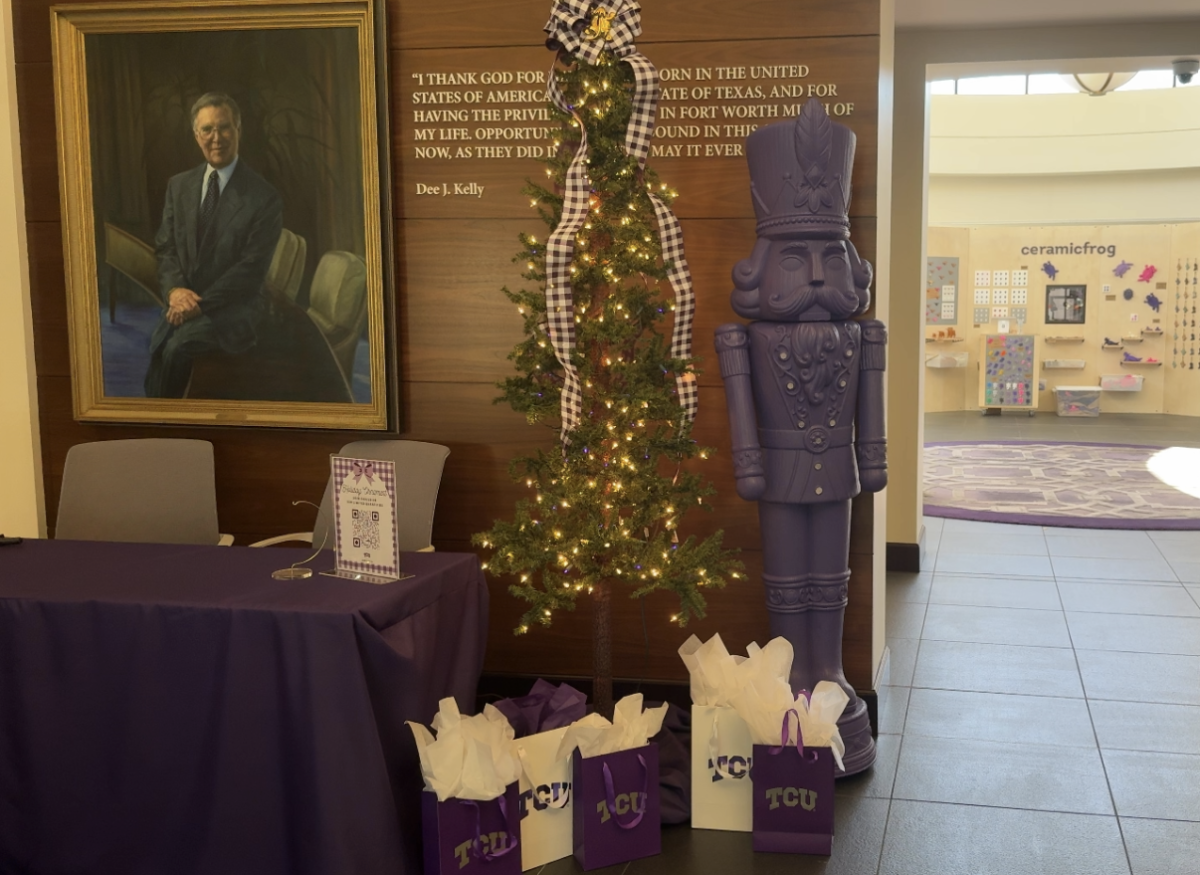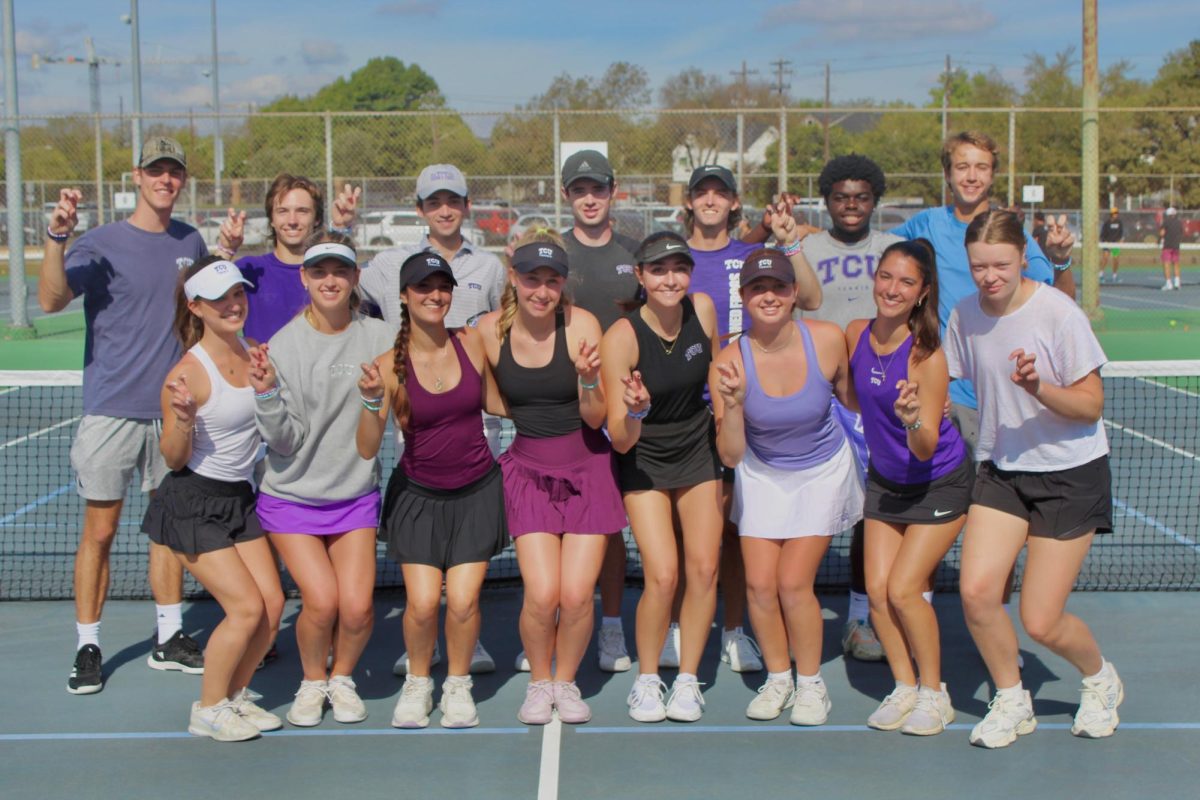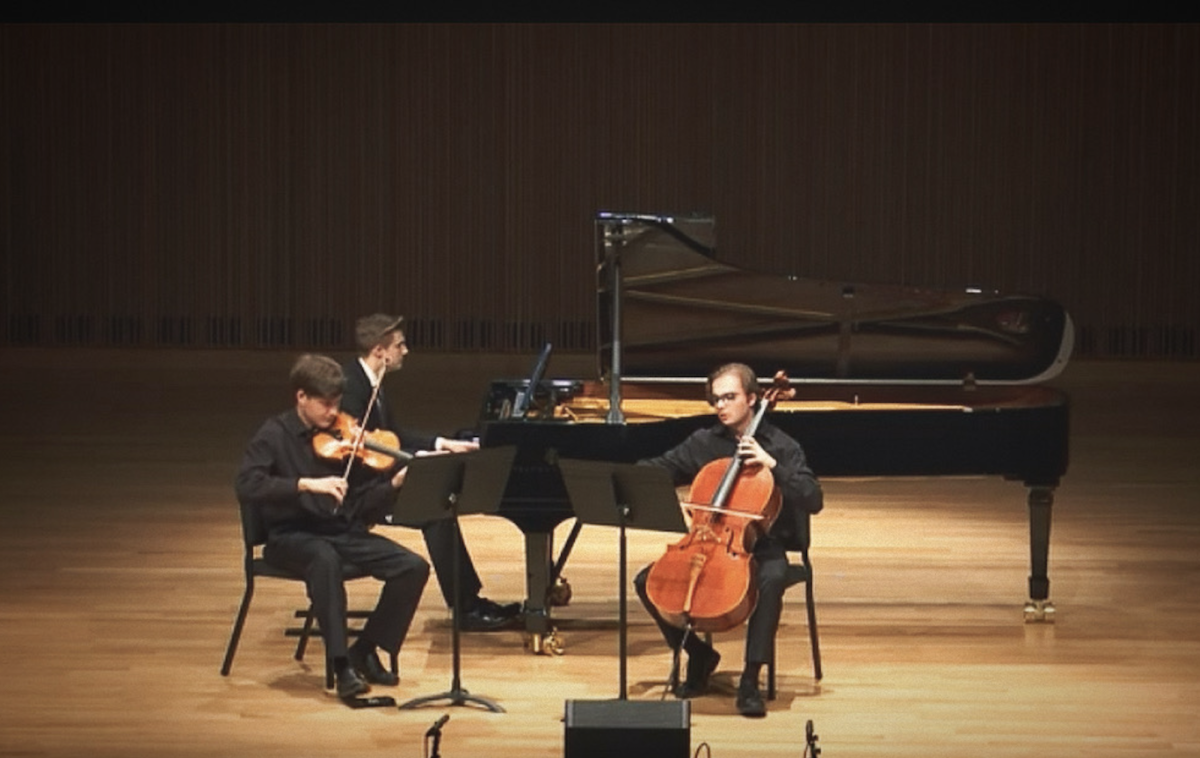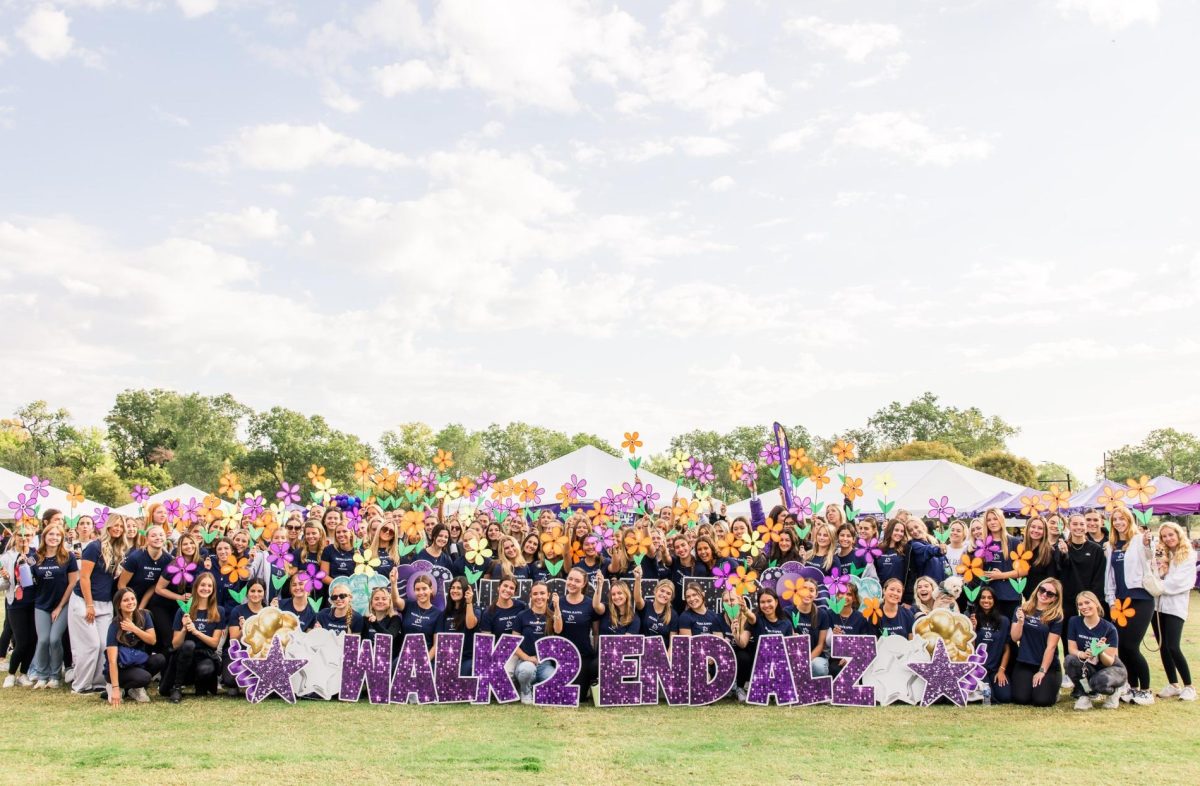Last month, a series of coordinated terrorist attacks in Paris killed 130 people and injured hundreds more, creating a state of fear and uncertainty that reached even in Fort Worth. “My first thoughts were primarily I hope the death count stops and once that stopped, I was worried about the future of the perception of Islam and the perception of Muslims,” said Ali Haider, a sophomore pre-business major and co-president of the TCU Muslim Student Association (MSA). The reason for Haider’s concern stemmed from the revelation that Islamic radical terrorists connected to the Islamic extremist militant group ISIS carried out the coordinated attacks. In a statement claiming responsibility for the attacks, ISIS said the attacks were in the name of Allah, the Arabic word for God. These connections have resulted in backlash against Muslims all over the United States. Since the attacks, multiple reports of mosques receiving death threats and being vandalized have surfaced. There was also an armed, non-violent protest against a mosque in Irving. Yushau Sodiq is an associate professor of Islamic and Religious Studies at TCU and also a Muslim. Sodiq said the Paris attackers do not represent what the Muslim community stands for as a whole. “This fear of Islam should be removed completely and [people] should recognize that those Muslims who do something wrong in Paris or anywhere, they are just terrorists and to me they are not Muslims,” Sodiq said. “If they were Muslim, they would not cause harm to others.” Haider said the fear felt in the non-Muslim community as a result of the Paris attacks is being felt just the same within the Muslim community as well, especially the MSA. “I think we have to be a little more sensitive now about what we say and how we go about our events because it’s hard to say ‘Muslim Student Association’ without certain descriptions of who are,” Haider said. “The word ‘Muslim’ has a very sensitive connotation nowadays.” Sodiq said he has experienced more support for the Muslim community now despite the anti-Islamic acts occurring throughout the nation. “Some of my colleagues at TCU have come to me and said, ‘Don’t fear. We are supporting you,’ and that is what we need,” Sodiq said. “We should rally together to fight terrorism.”
Haider and the MSA are attempting to foster this type of support throughout the TCU and Dallas-Fort Worth community. “One of our goals is to make sure when people on the TCU campus hear the name ‘Muslim Student Association’ they don’t automatically get a sense of fear,” Haider said. “We want them to know it’s a safe place to mingle with other Muslims.” Haider said the MSA is currently planning on creating a safer environment for the mosque in Irving. “We’re trying to organize, among Muslims and non-Muslims, a counter-protest so that we can make a way for them to get inside without getting harassed,” Haider said. “We want to make sure people trying to worship Islam can get into the mosque safely and get out safely.” Sodiq said it is this type of community outreach in the Muslim community that will show what Muslims truly believe. “[Radicals] are just following their own whims and desires and they have no right to do so,” Sodiq said. “Muslims in the United States must turn on their feet and say, ‘We are not with the terrorists and we are against what they are doing.'” The MSA wants to make this message clear and is attempting to accomplish through their community outreach. Roxana Aguirre, the program coordinator for Inclusiveness and Intercultural Services at TCU, is helping the MSA facilitate and put their events on a bigger scale. Aguirre does this by assisting the MSA in collaborating with other groups on-campus. “If you have an interest or are invested with a group on campus and then they collaborate with another group on-campus, then you’re more than likely to be invested in it too,” Aguirre said. Aguirre said she saw the value in expanding the presence of the MSA and other groups beyond the students. “I think getting not only student-groups but faculty and staff and community leaders invested in your program, it gives you an outreach that you wouldn’t get if it was only your group,” Aguirre said. Haider said the MSA is planning more events in collaboration with other faith-based organizations on campus. “TCU Better Together, an inter-religious faith group, is actually taking a lot of initiative to get people of Christian and Jewish faiths from organizations like FCA and Hillel to come together and help out with community outreach for Muslims in the area,” Haider said. Haider said he hopes a Muslim community that has been afraid to attend a public meeting since the Paris attacks can be reassured and “rekindled”. 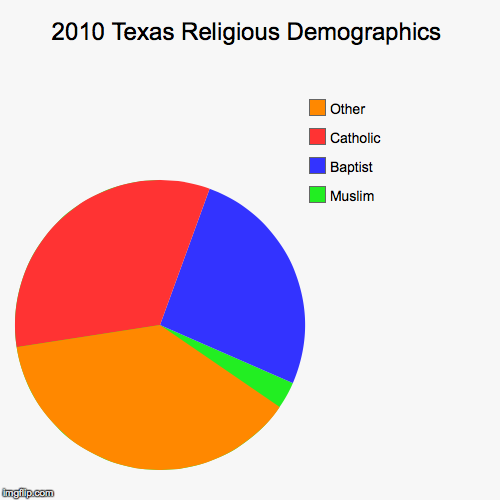
Statistics courtesy of 2010 U.S. Religion Census and The Association of Religion Data Archives
Haider also said he believes Muslims reaching out to the community can help shed the misconception that Islam is a violent religion and Muslims are people who support such violence. “We’re not a religion that imposes violence on people,” Haider said “We want to try to instill peace into a community that has given us a place to live. Islam has brought people together in the United States to try and influence communities and enhance communities rather than bring them down.”

